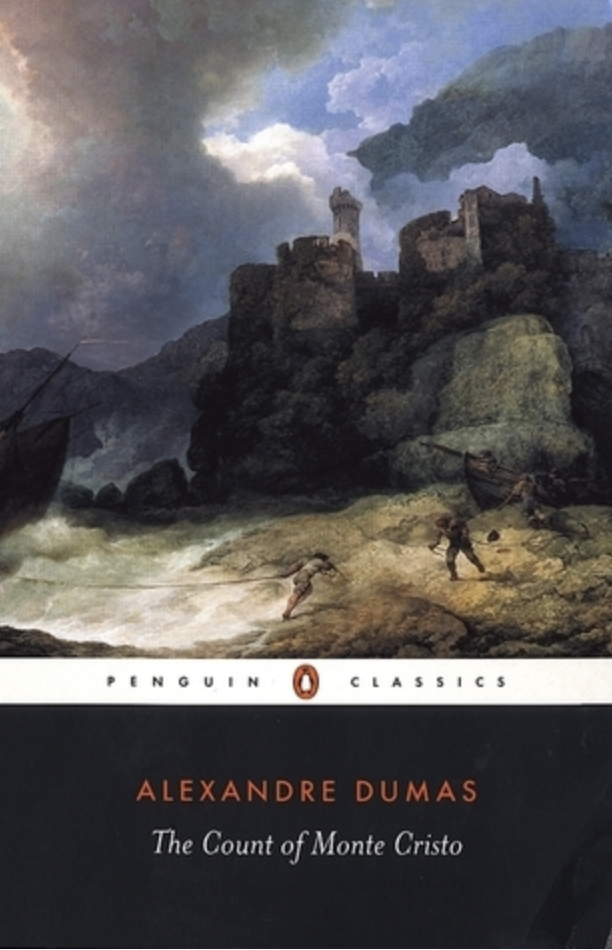Great Lines: Alexandre Dumas
Everyone loves a good prison break. Popular films like The Fugitive (1993) and The Shawshank Redemption (1994), and the successful TV series Prison Break (2005-17) reflect an enduring fascination with the narrative of the innocent man who manages, through a combination of audacity, ingenuity and patience, to escape the deep and tricky confines of incarceration. A literal metaphor for liberation from oppression, a prison break is self-determination and perseverance in defiance of what holds us captive—and audiences love to see it.
In Shawshank, the stoic character of Andy Dufresne (Tim Robbins), falsely imprisoned for murder, recalls the famous literary prison break in Alexandre Dumas’s 1846 epic novel The Count of Monte Cristo (Fr. 'Le Comte de Monte-Cristo’). Inspired by Dumas’s own father’s imprisonment, and set during the Napoleonic wars, the protagonist and titular figure Edmond Dantès is framed as a Bonapartiste and thrown into solitary confinement on the island prison of Château D’If—his life and love stolen from him by his enemies.
In prison, Dantès digs his way to meeting an old Italian priest called Faria, from whom he gains an extensive education, the chance to escape in Faria’s body bag when he dies, and a vast fortune the old man leaves to him in the form of a treasure hidden on the island of Monte Cristo. With his freedom and means, Dantès seeks revenge and justice—to punish all those who wronged him, and to reward all those who helped him on his journey. In this way, Dantès plays God with the lives of others, as retribution for his own harsh treatment.
Ultimately, Dantès is on a more spiritual journey to learn that fate is providence. He writes to his own beneficiary that ‘until the day when God will deign to reveal the future to man, all human wisdom is contained in these two words—‘Wait and Hope.’ Given the admirable tenacity of Dantès’s character—particularly in those actions which defy his own unjust captivity—Dumas seems to be suggesting that to ‘wait and hope’ is to live and act with good faith in a broader form of justice.
Andy Dufresne echoes these sentiments in the letter he leaves for his friend Red—in a small treasure buried beneath a tree: ‘Remember, Red, hope is a good thing—maybe the best of things—and no good thing ever dies.’ The takeaway—from these wrongfully imprisoned men, who work to free themselves—is that true freedom is believing what is truly right, will be.
Alexandre Dumas, 1802–1870.

